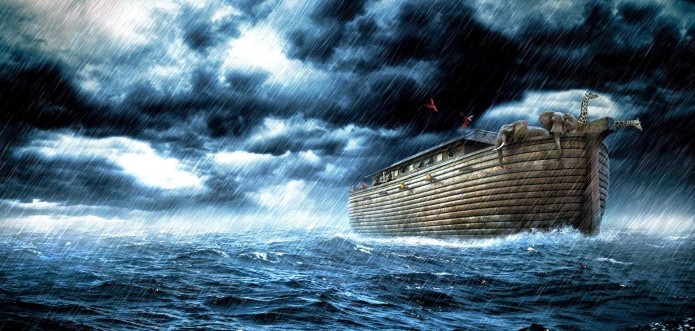Question:
In the story of Prophet Noah (a.s), it has been argued by some that in order to prove that the flood was not global, it is pointed out that Prophet Noah’s message was not universal.
How can Prophet Noah (a.s) be from Olil ‘Azm while his message was not universal, as opposed to other Olil ‘Azm prophets (Abraham, Moses, Jesus, Muhammad), whose messages were universal, and who came with new global teachings, messages, and laws?
Does this raise the question of: was Noah (a.s) really a messenger? I mean it makes him a prophet, but not necessarily a messenger, since his message was to his own people as in:
“And We had certainly sent Noah to his people, [saying], ” Indeed, I am to you a clear warner” (Surat Hud 11:25).
Besides what were his new laws, or his new Book? Do we know anything about that?
The reason I am asking is because all the other messengers had divine books/new laws. What is our main evidence for Noah (a.s) being a Messenger? Is it primarily from the Quran, as in:
“And [mention, O Muhammad], when We took from the prophets their covenant and from you and from Noah and Abraham and Moses and Jesus, the son of Mary; and We took from them a solemn covenant.” (Surat Ahzab 33:7).
Or do we also rely on some Ahadith?
Answer:
1. There are different opinions about the exact meaning of “Olol-Azm’ among our scholars as referred to in Ayah 35 of Surah al-Ahqaf (46). The most famous opinion is that it means those who have brought a new Shari’a (set of Divine laws) and whose message was universal. The term ‘universality’ here means their message was for all mankind in their time. Therefore, whosoever in their time would hear the message of that Prophet would have the obligation of believing in him and following him. Also, that Shari’a would be in force unless it is abrogated by the next Shari’a.
However, the universality of the religion of Prophet Noah (a.s) does not necessitate the universality of the Flood. The Almighty Allah states: و ما کنا معذبین حتی نبعث رسولا (“We have never been carrying out punishment until We send a Messenger”).
Also: لیهلک من هلک عن بینه و یحیی من یحیی عن بینه : (“so that those who may perish -by God’s punishment – are punished while there is an evidence against them, and those who remain alive remain alive while there is evidence against them”).
We also know for sure that in those days – even nowadays – it would not be possible for most of the inhabitants of the Earth to have heard even the names of the ancient Prophets, let alone their messages. Therefore, punishing those who had not heard about Noah (a.s), and hence no evidence was shown to them, would be against the above mentioned divine principles. As such we believe the chastising Flood of Noah was local in scope inasmuch as the divine punishment sent on other nations were local as well.
I must say however that some eminent scholars such as Allama Tabatabaei inclines towards the universality of the Flood, while Ayatullah Makarem Shirazi supports its locality. I humbly believe the latter opinion is more compatible with our principles and scientifically sounds more accurate و الله اعلم .
2. From various Ayaat in the Quran we can conclude that the general contents of the Shari’a of Noah (a.s) included inviting people to monotheism, enjoining good and forbidding evil, justice and equality, advocating for the truth, and avoiding mortal sins. I have not come across any Ayah or Hadith in which the name of the Scripture of Noah (a.s) is explicitly mentioned. However, the late Allama Tabatabei suggests that ‘the Book’ in the Ayah “Mankind were one community and Allah sent prophets with glad tidings and warnings, and with them He sent down the Book in truth…” (2:213) is meant for the Scripture given to Noah. و الله اعلم
Answered by: Sheikh Mansour Leghaei



